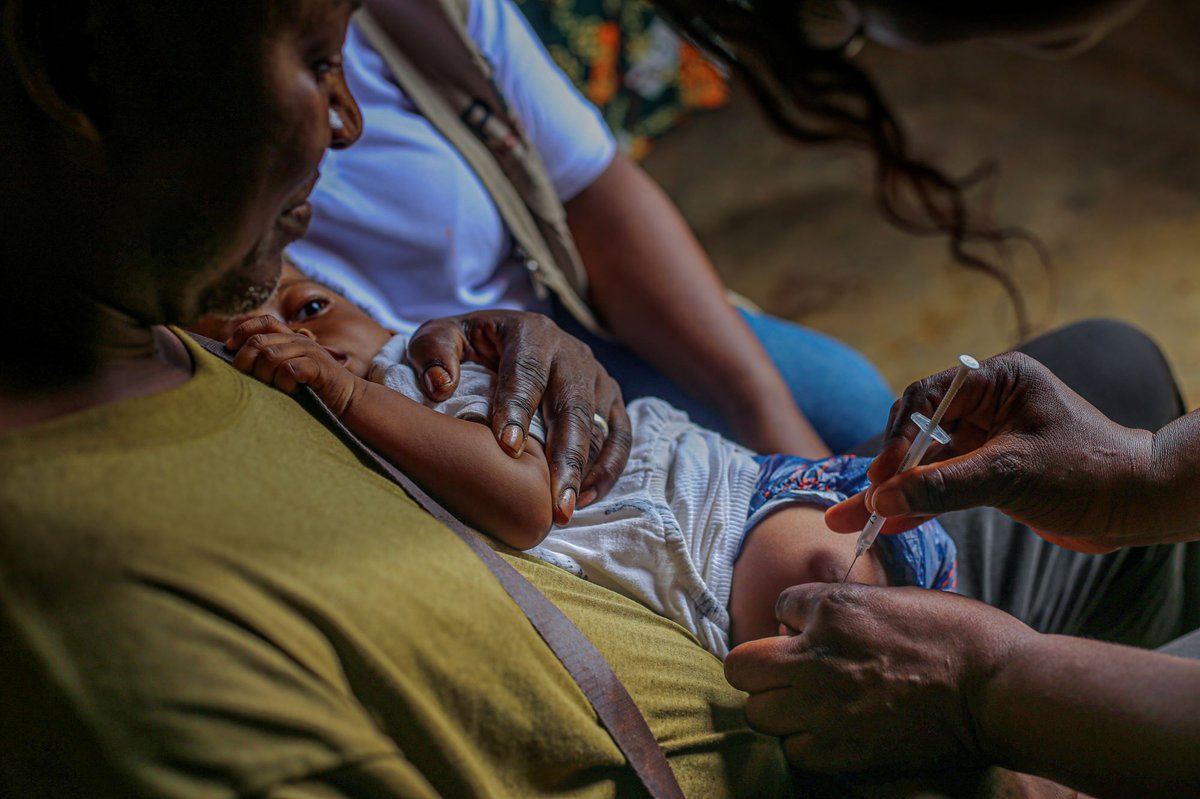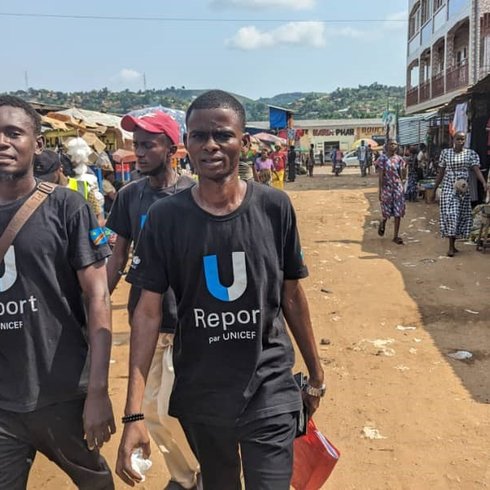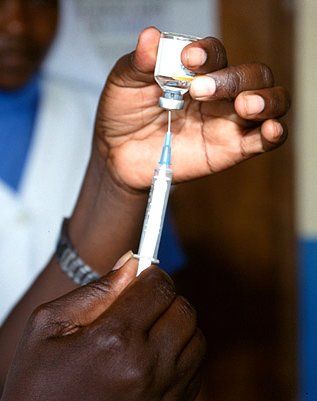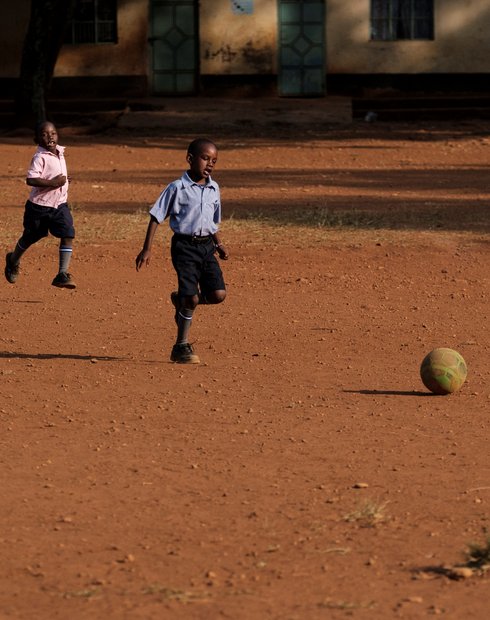
Delivering malaria vaccines
PATH’s decades of work on malaria spans the entire vaccine development and delivery spectrum. From our diverse research and development portfolio to our dedication to ensuring access to malaria vaccines in Africa, we’re working with partners to usher in a new era of malaria prevention.
Upcoming webinar
Maximizing malaria vaccine visits within routine immunization platforms: Early insights and opportunities
On February 25, 2026, join us for a webinar on early insights from malaria vaccine introduction in Mozambique and Burkina Faso. Experts will present findings and lessons learned from the rollout of malaria vaccines in both countries, sharing strategies to increase uptake through routine immunization platforms. This is the first in a quarterly series of webinars this year on learnings from malaria vaccine rollout in Africa.
The session will be co-moderated by Eleonora Genovese, Senior Programme Manager, Vaccine Programmes, Gavi, the Vaccine Alliance, and Saira Nawaz, Project Director, Primary Health Care, PATH. Featured speakers include Dr. Ali Sie, Centre de Recherche en Santé de Nouna (CRSN), Burkina Faso, and Daan Velthausz, Director, Maraxis BV, Mozambique.
French and Portuguese interpretation will be available.
The World Health Organization recommends the programmatic use of two vaccines—RTS,S/AS01 and R21/Matrix-M—for the prevention of Plasmodium falciparum malaria in children living in endemic areas. PATH works hand in hand with national ministries of health and with partners in districts and communities to provide on-the-ground technical assistance with maximizing uptake of the four-dose schedule in the rollout of malaria vaccines in African countries.
We use economic studies to help countries make informed decisions about immunization. Past work included a retrospective study on the costs of introducing and delivering malaria vaccine within routine immunization programs and a prospective estimate of the cost of seasonal malaria vaccine delivery using different approaches. Next, we’re aiming to provide a more comprehensive estimate of the budget impact of malaria vaccine introduction and rollout to inform countries' decisions on national and subnational implementation.
PATH’s long history with malaria vaccines includes significant work on advancing RTS,S through late-stage development and continuing to conduct post-introduction research to optimize the current vaccines in the push toward malaria eradication. We’re also advancing novel and improved tools for comprehensive malaria control programs with a focus on next-generation vaccine candidates and monoclonal antibodies targeting different stages of the Plasmodium parasite’s complex lifecycle.


